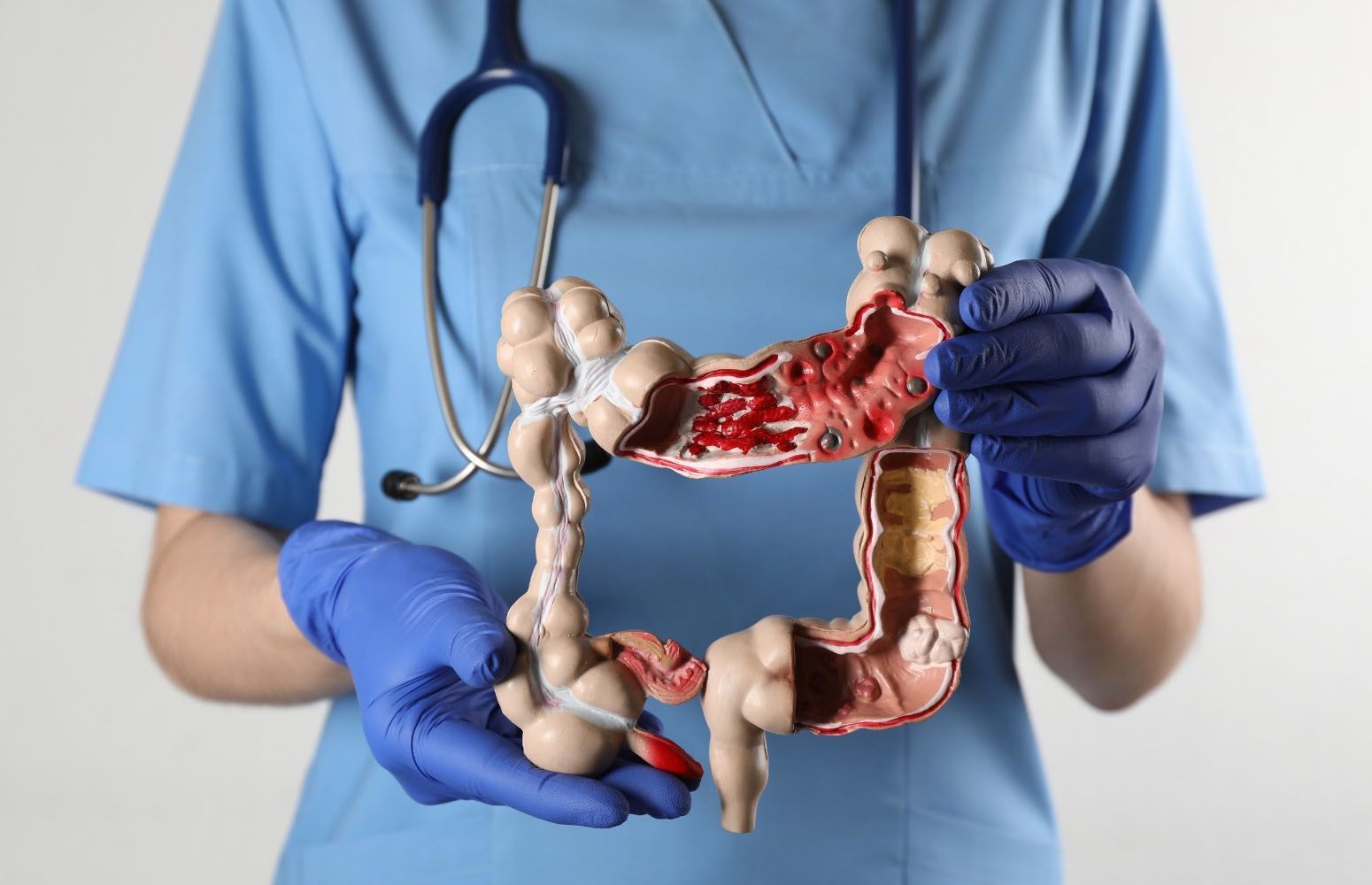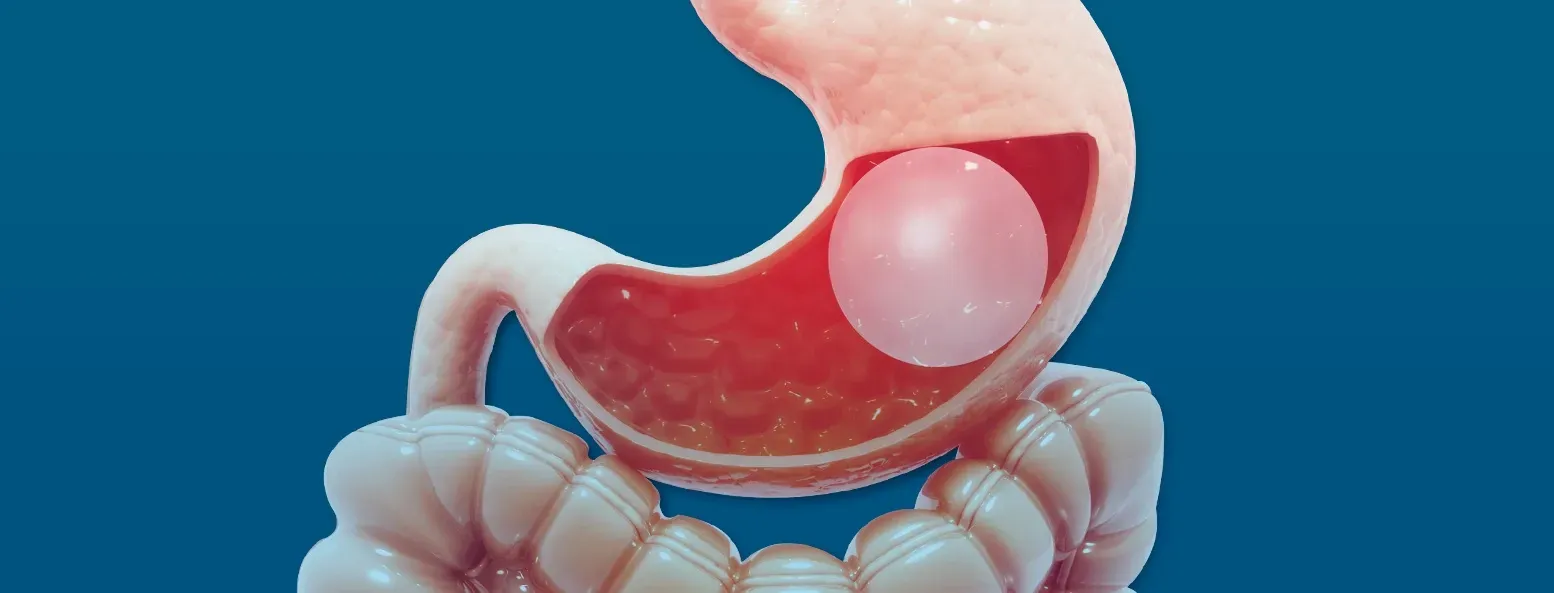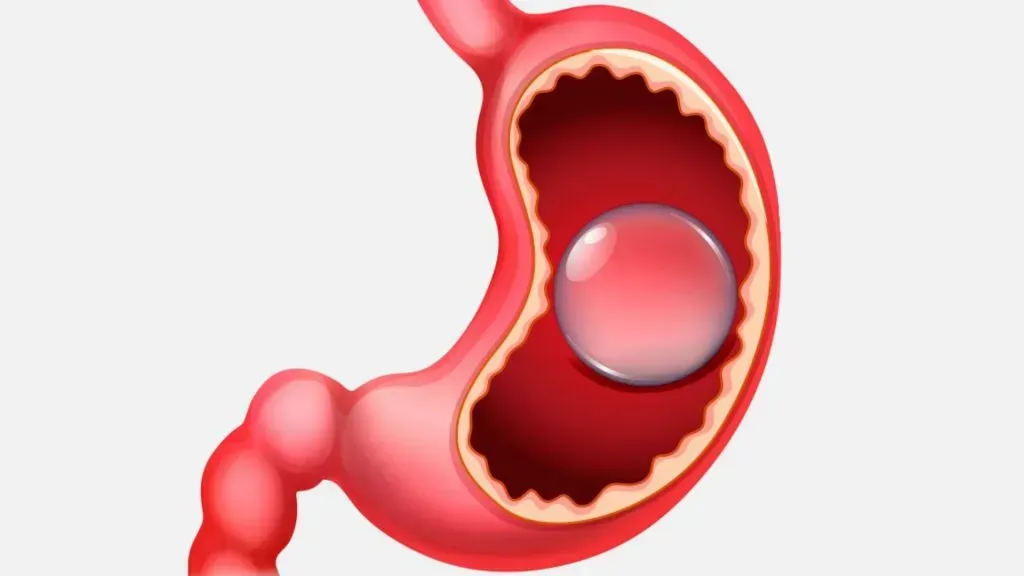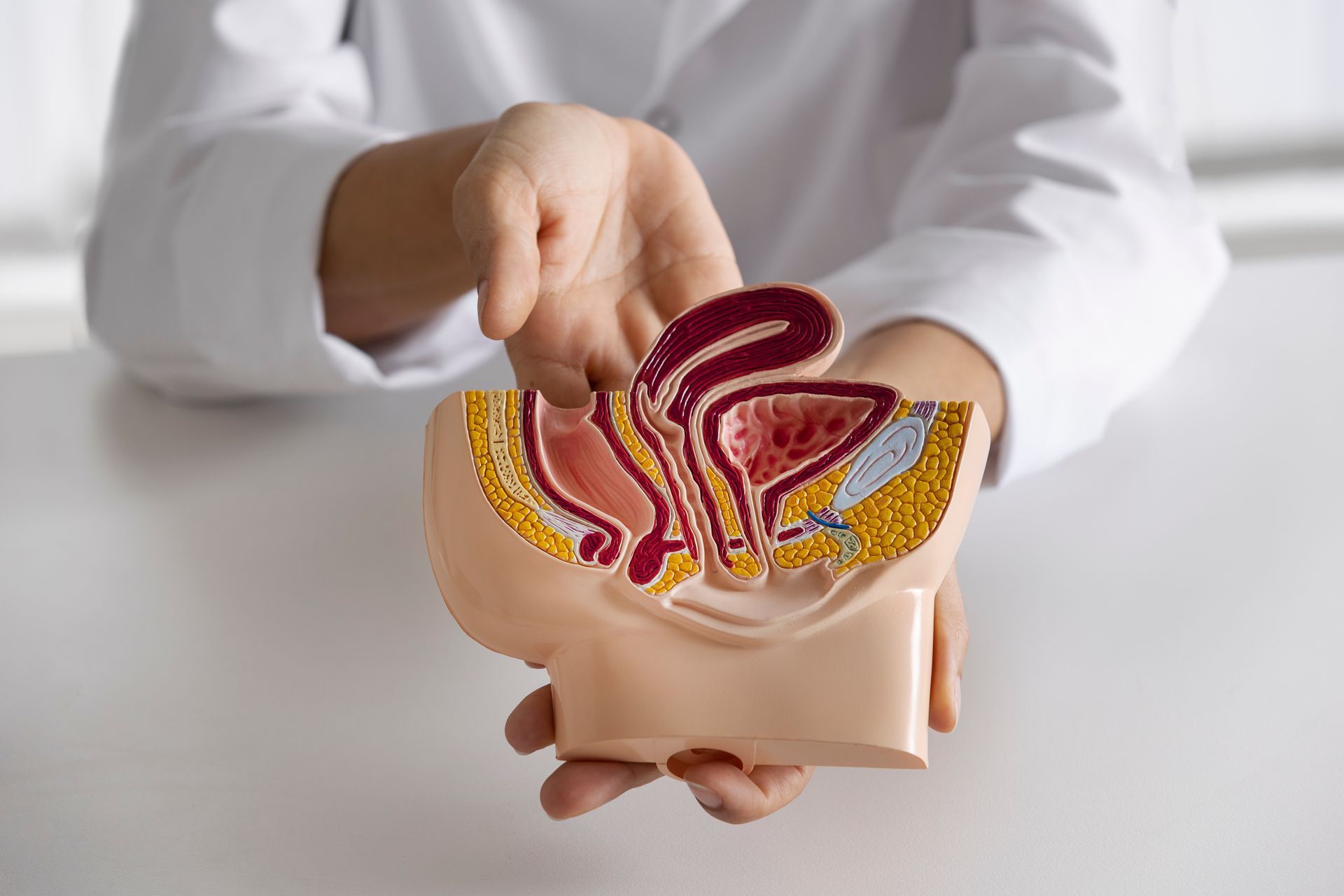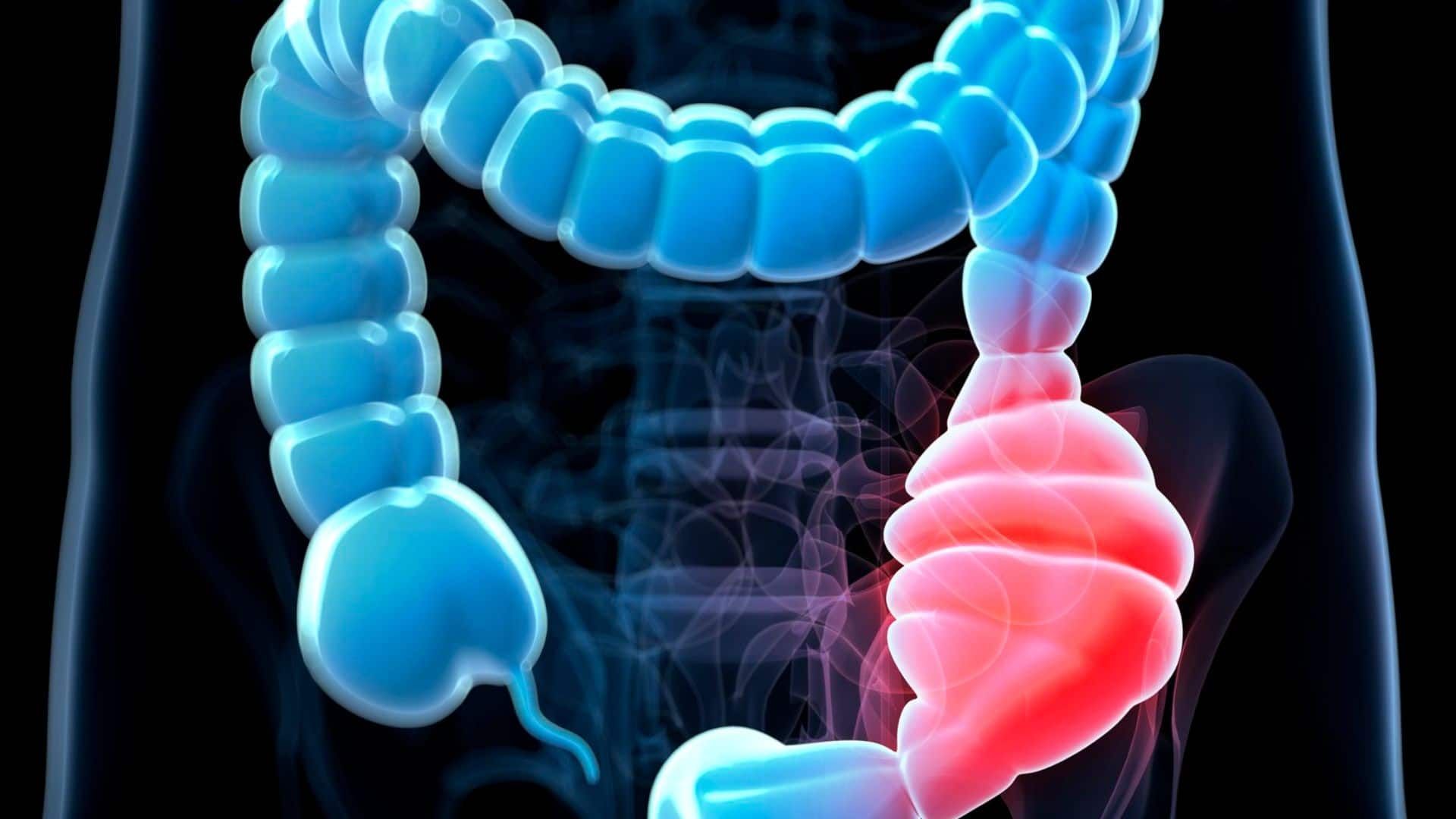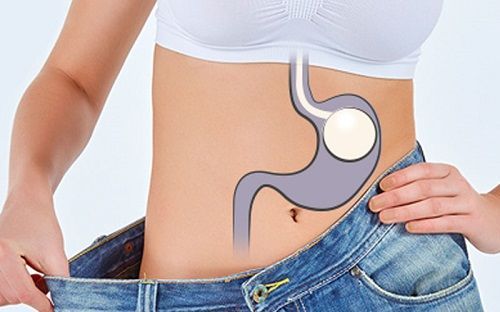Patient Education: Health Risks of Obesity & Weight Loss Tips (The Basics)
Your BMI will tell you whether your weight is appropriate for your height.
Your body mass index (BMI)
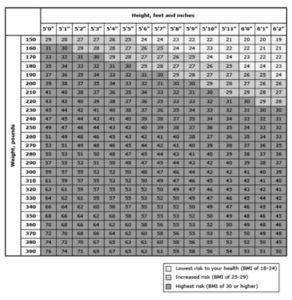
Find your height (in feet and inches) in the top row. Then find your weight (in pounds) in the first column. Now find where the column for your height and the row for your weight meet. That is your BMI. For example, if you are 5-feet-9-inches tall and you weigh 260 pounds, your BMI is 38. You can also go online here and search for “BMI.” There you will find a calculator that will tell you what your BMI is if you type in your height and weight.
- If your BMI is between 25 and 29.9, you are overweight.
- If your BMI is 30 or greater, you have obesity.
Obesity is a problem, because it increases the risks of many different health problems. It can also make it hard for you to move, breathe, and do other things that people who are at a healthy weight can do easily. Plus, having obesity can be hard emotionally, because it can make you feel ashamed or like you don’t fit in.
What are the health risks of obesity?
Having obesity increases a person’s risk of developing many health problems. Here are just a few examples:
- Diabetes
- High blood pressure
- High cholesterol
- Heart disease (including heart attacks)
- Stroke
- Sleep apnea (a disorder in which you stop breathing for short periods while asleep)
- Asthma
- Cancer (including colon cancer )
Does having obesity shorten a person’s life? Yes. Studies show that people with obesity die younger than people who are a healthy weight. They also show that the risk of death goes up the heavier a person is. The degree of increased risk depends on how long the person has been obese, and on what other medical problems they have.
People with “central obesity” might also be at risk of dying younger. Central obesity means carrying extra weight in the belly area, even if the BMI is normal.
Should I see an expert? Yes. If you are overweight or have obesity, you can talk to your doctor or nurse. They might have suggestions on ways to lose weight. It can also help to work with a dietitian (food and nutrition expert). A dietitian can help you choose healthy foods and plan meals.
Are there medical treatments that can help me lose weight? Yes. There are medicines and surgery to help with weight loss. But those treatments are only for people who have not been able to lose weight through lifestyle changes such as diet and exercise. Also, weight loss treatments do not take the place of diet and exercise. People who have those treatments must also change how they eat and how active they are.
What can I do to prevent the problems caused by obesity? The obvious answer is that you can lose weight. But even if weight loss is not possible, you can improve your health and reduce your risk if you:
- Become more active – Many types of physical activity can help, including walking. You can start with a few minutes a day and add more as you get stronger and build up your endurance.
- Improve your diet – It is healthy to have regular meal times, eat smaller portions, and not skip meals. Avoid sweets and processed foods, and instead eat more vegetables and fruits.
- Quit smoking (if you smoke) – Some people start eating more after they stop smoking, so try to make healthy food choices. Even if it increases your appetite, quitting smoking is still one of the best things you can do to improve your health.
- Limit alcohol – Drink no more than 1 drink a day if you are woman, and no more than 2 drinks a day if you are a man.
What causes obesity? The thing that increases a person’s risk the most is having an unhealthy lifestyle. Most people develop obesity because they eat too much, eat unhealthy foods, and move too little. That’s especially true of people who watch too much TV. But there are also other things that seem to increase the risk of obesity that many people do not know about. Here are some things that might affect a person’s chance of developing obesity:
- Mom’s habits during and after pregnancy – People who eat a lot of calories, have diabetes, or smoke during pregnancy have a higher chance of having babies who become obese as adults. Also, babies who drink formula might be more likely than breastfed babies to develop obesity later in life.
- Habits and weight gain during childhood – Children or teens who are overweight or have obesity are more likely to become adults with obesity.
- Sleeping too little – People who do not get enough sleep are more likely to develop obesity than people who sleep enough. It is wise to develop healthy sleep habits.
- Taking certain medicines – Long-term use of certain medicines, such as some medicines to treat depression, can cause weight gain. If you are concerned that one of your medicines might be making you gain weight, talk to your doctor or nurse.
- Certain hormonal conditions – Some hormonal problems can increase the risk of developing obesity. For example, a condition called “polycystic ovary syndrome” can cause weight gain, along with other symptoms like irregular periods. But hormonal conditions are to blame for only a tiny fraction of cases of obesity.
What if I want to have children? If you want to have children, you should know that obesity can make it harder for a woman to get pregnant. It can also impair a man’s ability to have sex, especially if he has high blood pressure or diabetes. What’s more, children born to parents with obesity have a high risk of developing obesity themselves.
What if my child has obesity? In children, obesity has many of the same risks as it does in adults. For example, it can increase the risk of diabetes, high blood pressure, asthma, and sleep apnea. It can also cause added problems related to childhood. For example, obesity can make children grow faster than normal and speed up sexual development in girls.
Source: Uptodate ®
Learn More About Weight Loss Procedures
Patient Education: Procedures for Weight Loss (The Basics)
Patient Education: Procedures for Weight Loss & Surgery (Beyond the Basics)
Procedures for Weight Loss . . . WE’RE IN IT TOGETHER
Obesity in Adults: Behavioral Therapy & Weight Loss Clinics
Gastro SB Weight Loss Clinic: Medications Used for Weight Loss
Weight Loss Tips and Medications
Medications Used For Weight Loss
Weight Loss Surgery Options And Procedures
Procedures For Weight Loss Treatments
Obesity In Adults Dietary Therapy And Weight Loss Coaches
The post Patient Education: Health Risks of Obesity & Weight Loss Tips (The Basics) appeared first on Gastro SB.




